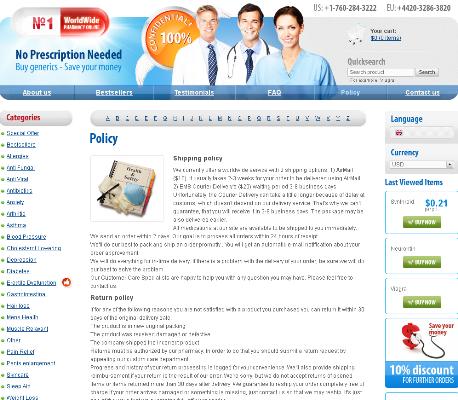Is Biltricide Safe for Children?
What Is Biltricide and Why Is It Used?
Biltricide, known by its generic name praziquantel, is a medication designed to combat parasitic worms, specifically those causing schistosomiasis and liver fluke infections. These infections often occur in regions with contaminated water, affecting both adults and children who come in contact. Biltricide works by targeting the nervous system of these parasites, causing them to become paralyzed and allowing the body to eliminate them naturally.
Families living in or traveling to endemic areas may encounter these parasites more frequently. By providing an effective treatment option, Biltricide plays a crucial role in reducing the health impacts of these neglected tropical diseases.
| Generic Name | Main Uses | Typical Application |
|---|---|---|
| Praziquantel | Treats schistosomiasis & liver fluke infections | Short-term oral therapy |
The Science Behind How Biltricide Works

Biltricide, known generically as praziquantel, operates by targeting the unique biology of parasitic worms. Upon entering the body, Biltricide is rapidly absorbed and begins disrupting the worms’ protective outer layers, making them vulnerable to the immune system. By altering the permeability of worm cell membranes, the drug causes paralysis, which ultimately leads to the parasites being destroyed or expelled from the body.
This process is highly selective, meaning Biltricide specifically acts on the worms and generally leaves human cells unharmed. The result is efficient removal of the parasites, restoring health and minimizing the risk of further complications. This targeted action forms the essence of Biltricide’s effectiveness.
Approved Pediatric Uses and Common Dosages
When children face certain parasitic infections, such as those caused by Schistosoma or liver flukes, biltricide can become a crucial part of their treatment plan. Pediatricians tailor the prescription based on the child’s age, weight, and specific infection, always striving to maximize benefits while minimizing risks. Usually, doses are calculated meticulously, often split into two or three administrations throughout the day. Tablets are best taken with food to improve absorption and reduce the chance of stomach upset. Parents should never attempt to self-dose—close medical supervision is essential to ensure that biltricide is both effective and safe for young patients.
Highlighting Potential Side Effects in Children

When children are prescribed Biltricide, parents often wonder what side effects might follow. Most young patients tolerate the medication well, but some may experience mild symptoms such as headache, dizziness, abdominal discomfort, or nausea. These effects are often temporary and tend to resolve shortly after the treatment course ends.
In rare cases, more pronounced reactions like fever, allergic rash, or drowsiness have been reported. While serious side effects are uncommon, it’s crucial to monitor a child for any unusual responses during treatment with Biltricide. Open communication with healthcare providers helps ensure safe use and prompt management of any unexpected issues that may arise.
What Clinical Studies Reveal about Safety
Several clinical studies have explored Biltricide’s safety for children, aiming to answer the concerns of parents and healthcare providers. Research indicates that Biltricide is generally well-tolerated in pediatric patients when used at recommended dosages for schistosomiasis and similar infections. Mild side effects—like headaches or abdominal discomfort—are most common, while serious adverse reactions remain rare. Importantly, researchers monitor for long-term effects, and findings so far support its safe use under medical supervision.
| Study | Participants | Key Findings |
|---|---|---|
| Pediatrics, 2022 | 314 Children | Minimal side effects; well tolerated |
| Tropical Medicine, 2020 | 178 Children | No severe adverse events reported |
Overall, published studies recommend Biltricide as a safe option for treating parasitic infections in children. Parents should still consult a pediatrician before starting treatment.
Expert Advice for Parents Considering Biltricide
When parents hear that their child has a parasitic infection, it’s natural to feel anxious about treatment options. Pediatricians urge families to consult a healthcare provider before starting Biltricide, since the dosage and scheduling must be carefully tailored to the child’s age, weight, and health status. Even though Biltricide is effective for schistosomiasis and tapeworm infections, self-medicating or adjusting the prescribed dose can risk side effects.
Doctors recommend monitoring children during and after treatment for any unusual symptoms like gastrointestinal discomfort or signs of an allergic reaction. Open communication with your pediatrician ensures rapid intervention if needed and helps families feel confident about this important therapy.



